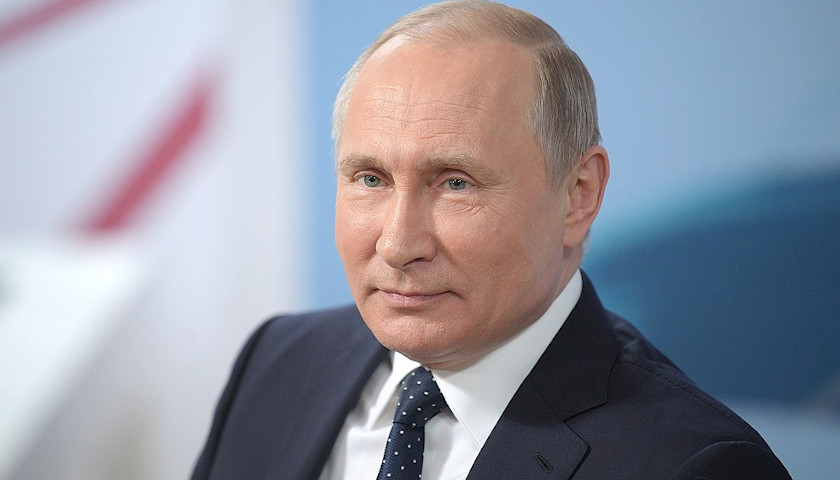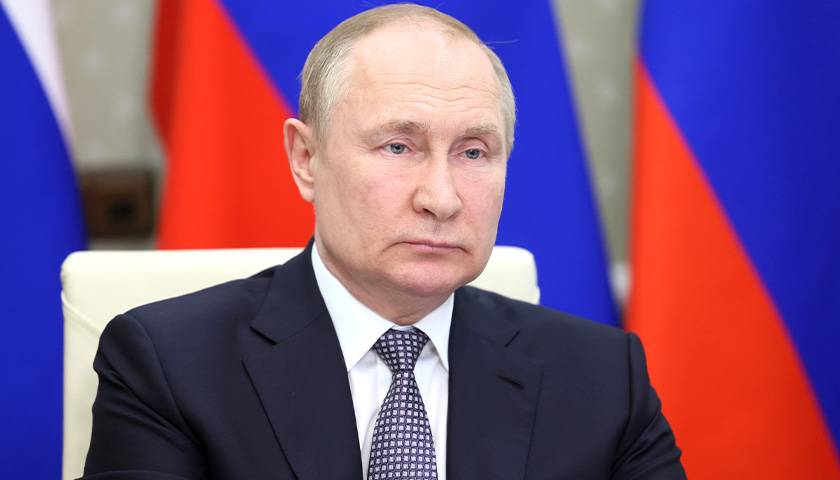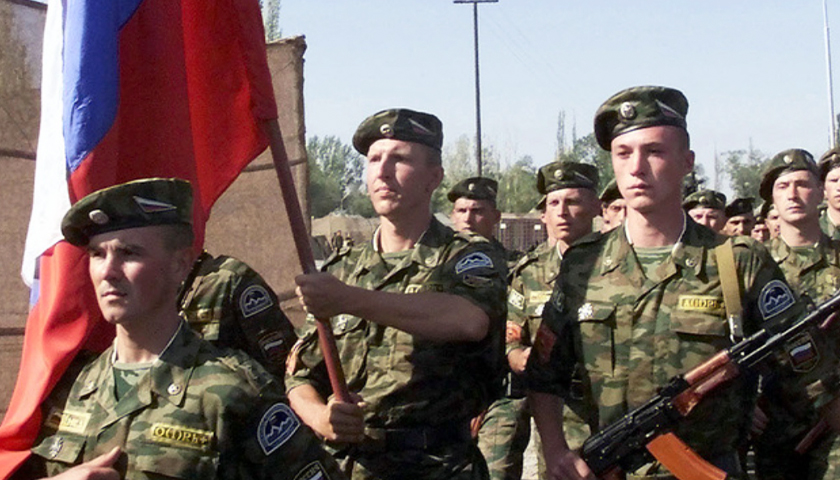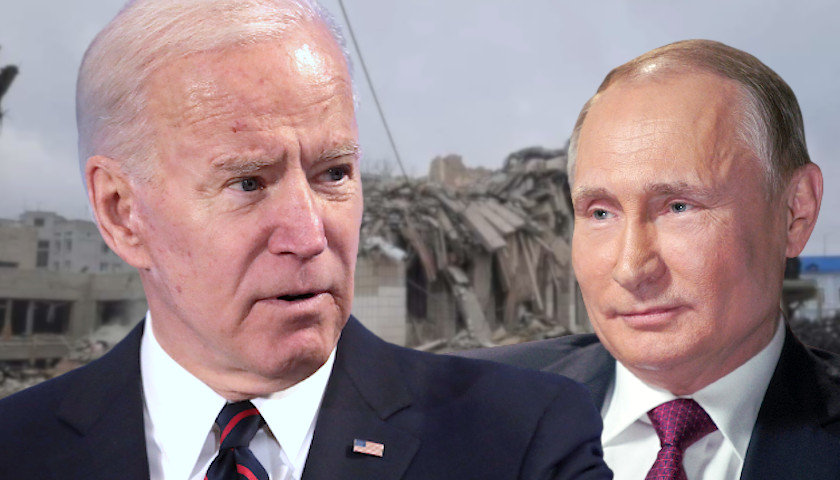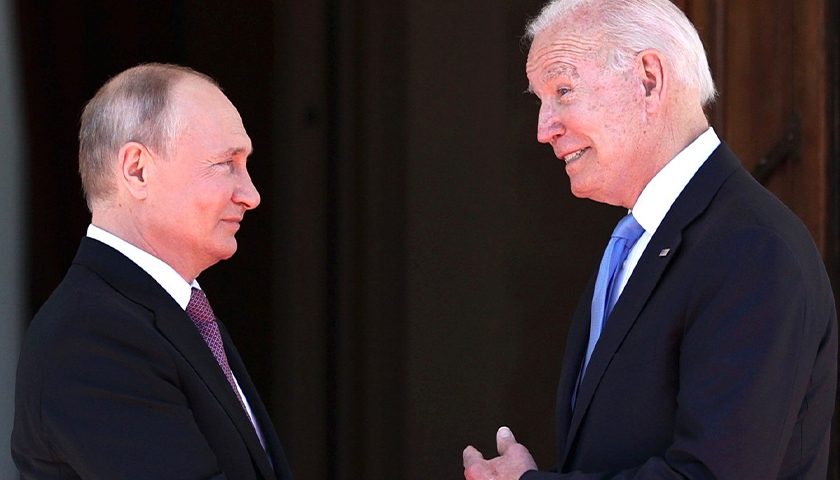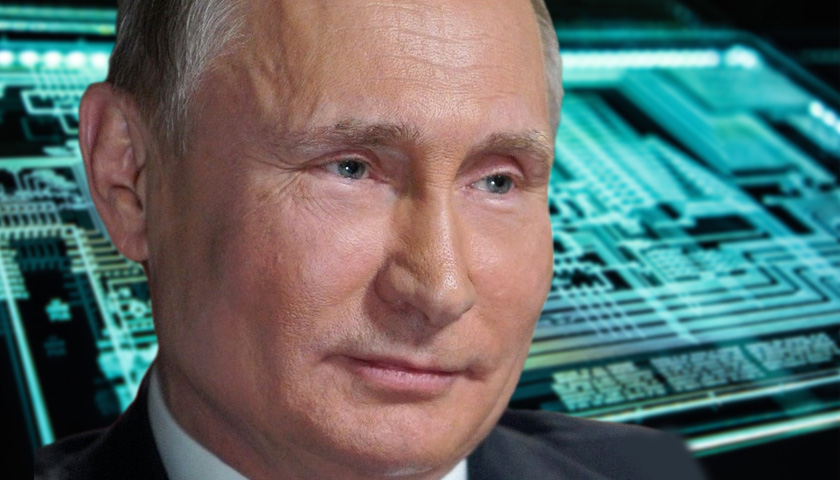At a time of tectonic shifts in foreign policy alliances, with Russia and China forming a new pact and aggressively asserting themselves on the international stage, Washington’s national security community is splintered across the ideological spectrum on how best to counter the dual threats.
Yet, even before Russia invaded Ukraine, a group of national security practitioners, military veterans, and scholars began trying to move beyond their policy differences to help repair the damage inflicted by the last U.S. foreign policy failure – the chaotic U.S. evacuation from Afghanistan nearly seven months ago.
When the Vandenberg Coalition, a group of primarily Republican experts representing diverse foreign policy views and approaches, began their Afghanistan assessment, its members couldn’t have known that international alarm over Russia’s bloody land grab would soon eclipse the U.S. evacuation of Afghanistan. Some national security experts believe that the two U.S. foreign policy nightmares are inextricably linked – that America’s ignominious retreat in Afghanistan emboldened Vladimir Putin to move on Ukraine.
Read More

